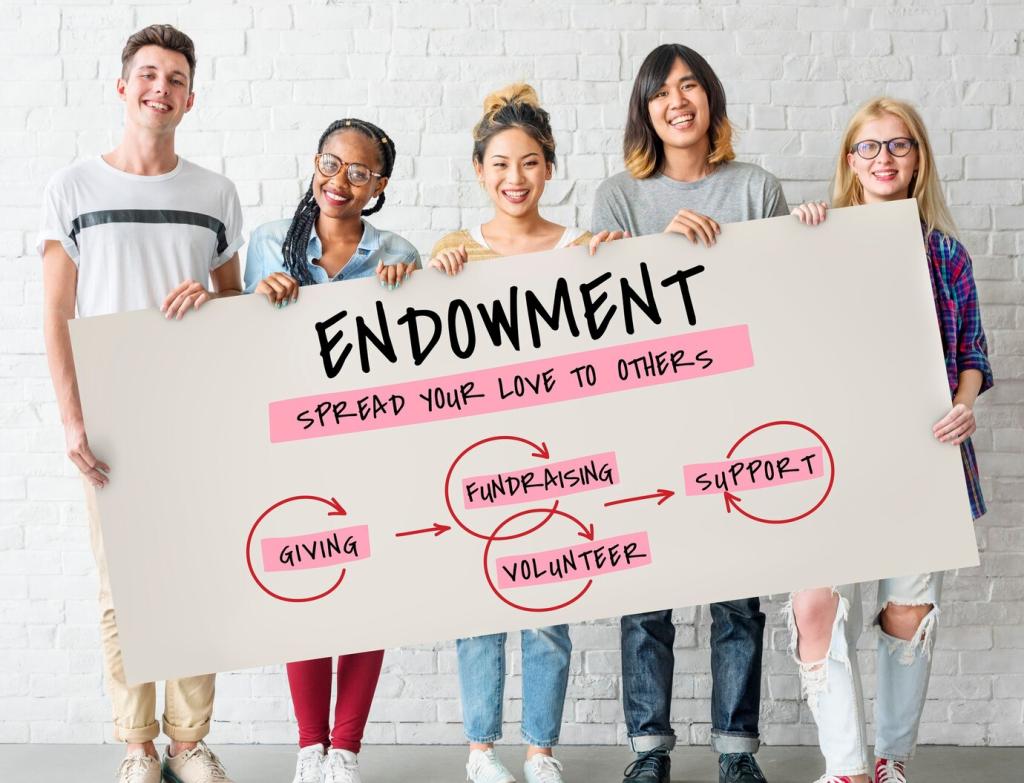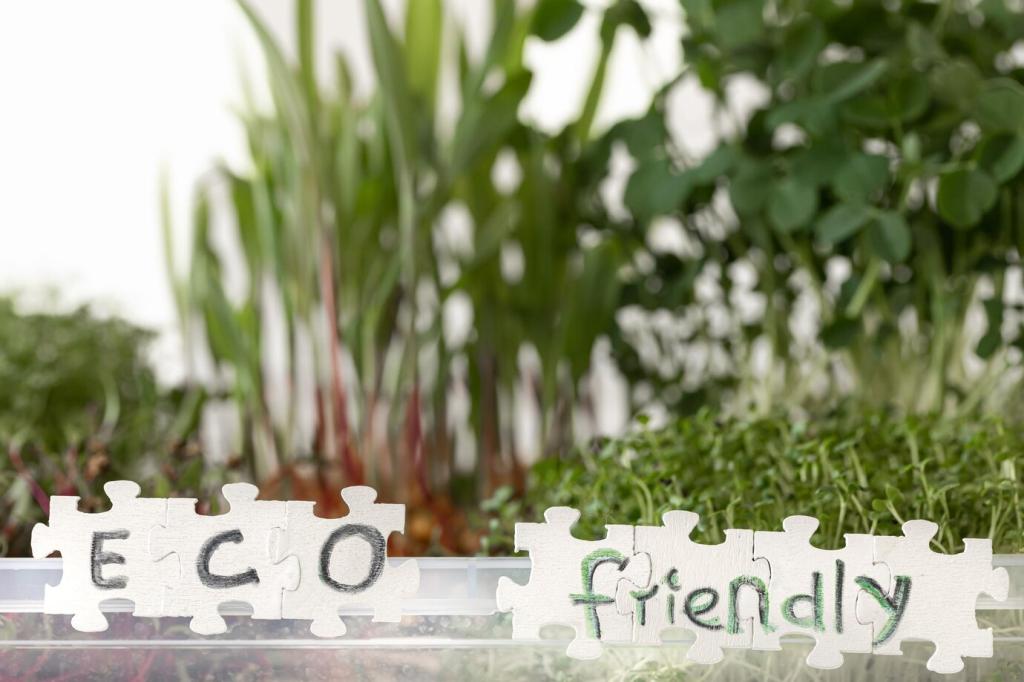Building a Community Zero Waste Team
Invite trusted voices—faith leaders, shop owners, and student council reps—to co-lead. People follow people they know, which speeds adoption and makes reminders feel neighborly, supportive, and encouraging rather than distant or bureaucratic.
Building a Community Zero Waste Team
Host walkabouts and kitchen-table talks. Map strengths: a church hall for repair events, a grocer for refill trials, and a scout troop eager to run monthly litter sweeps and bin audits that anchor participation.







